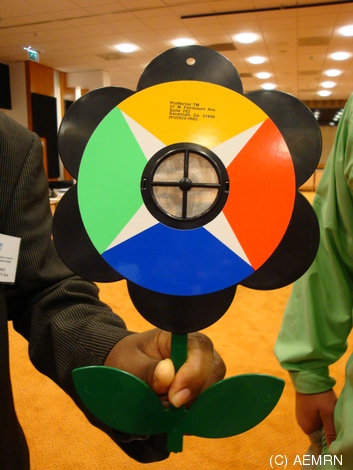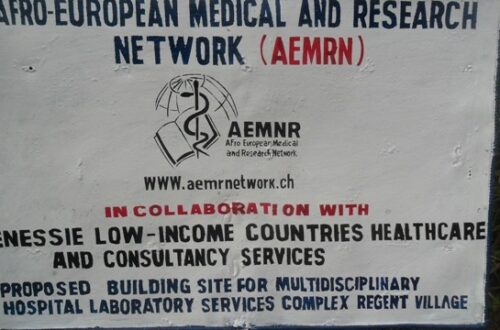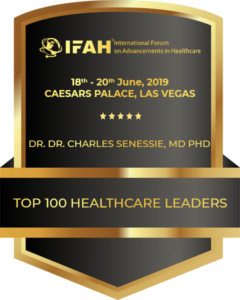Health is a state of complete physical mental and social well-being and not merely the absence of disease or infirmity.
The provision of an effective, affordable, sustainable, culturally and regionally acceptable health care for the population globally continues to be a challenging task as disease, poverty, and illiteracy keep affecting the human population in a seemingly non-ending vicious circle.
The efforts of health care providers and scientific researchers in their determination to control the apparently exponential rise of human morbidity and mortality continues unabeited and with renewed zeal.
Hence in this scenario, it is more evident that the provision of better medico-social care for the continuous well-being of the global population should be a multidisciplinary, multicultural, inter-continental and to some extend faith-based approach.
It was thus in the context of the above vision that the Afro-European Medical and Research Network was conceptualized and became a reality on the 17th May 2006 in Bern Switzerland. The network is since 2014 in Special Consultative Status with the United Nations Economic and Social Council(ECOSOC).
Our team, not only has a diversified training background, but it is also located in the USA, Canada, Sierra Leone, Sweden, Germany, France, The Netherlands, Switzerland, United Kingdom (UK-Africa Health Partnership) – http://www.ukahp.org/, Liberia, Nigeria, Cameroon, Kenya, Ghana, Zambia, Zimbabwe, Togo and in the Congo Democratic Republic from where our actions into these communities are launched and spread progressively.
Owing to the multitude of languages spoken throughout Africa and due to the paramount illiteracy rate, the need for training medico-social interpreters has arisen so as to establish a trialog communication between the medical personnel, patients and our trained interpreters.
Aware of the impact of such interpreters in the challenging work of humanitarian and development, we intend to work hand in hand with those who would express the need to share these human resources. And where necessary, we would welcome any assistance and expertise in the training process.
The environment being the second resource of Africa next to human beings, AEMRN striveS to enhance peace not only among people but mainly between the populations and the ecosystems and is a daunting dream which deserves a strategic approach and a tactful move to make it a reality.
We have successfully shaped the platform and we continue to welcome ideas, pieces of advice, assistance and collaboration from each and everyone as we advance towards achieving the United Nations SDG of Univeral Health Coverage (UHC) – We Leave No One Behind.

































 Who's Online : 4
Who's Online : 4